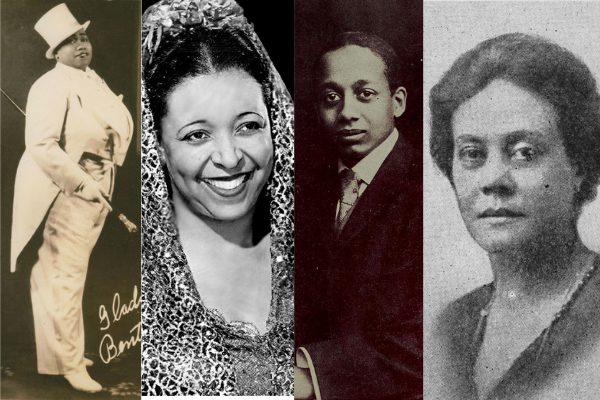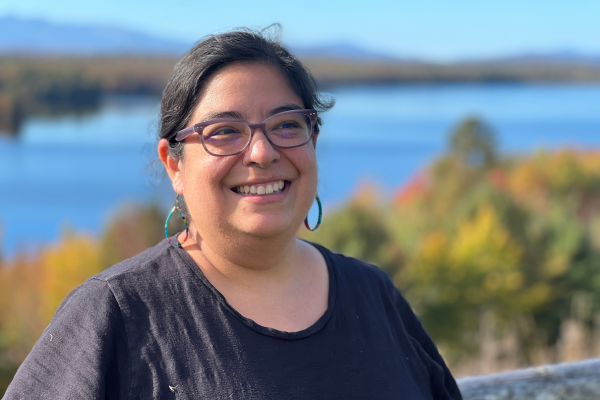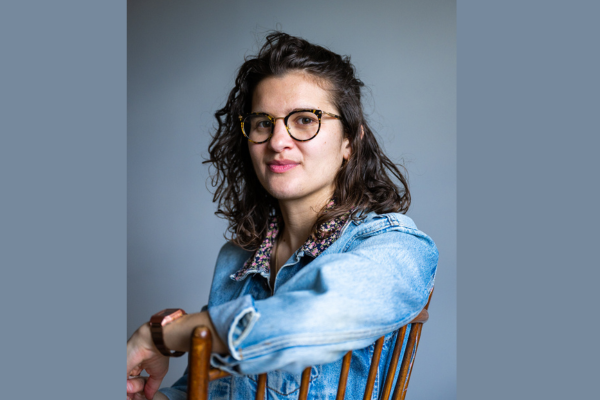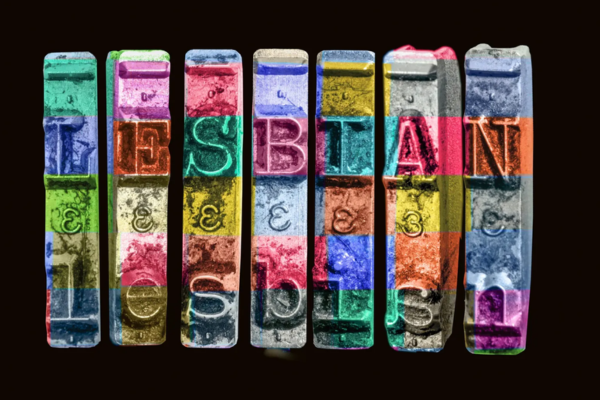
5 More Suit Companies You Should Know
February 22, 2022
The News is Out!
February 28, 202210 Queer Figures of the Harlem Renaissance
- Alain Bentley
- Alain Locke
- Alberta Huner
- Alice Dunbar-Nelson
- Claude McKay
- Countee Cullen
- Edna Thomas
- Ethel Waters
- Ethel Williams
- Gladys Bentley
- Harlem Renaissance
- LGBTQ Black history
- LGBTQ Harlem Renaissance
- Lottie Tyler
- Nella Larsen
- Olivia Wyndham
- Passing
- Queer Black History
- Queer Black poets
- Queer Harlem Renaissance
- Richard Bruce Nugent
- Tessa Thompson
The Harlem Renaissance was a time marked by an explosion of Black cultural and intellectual contributions and collaborations and many of them were created by Black LGBTQ+ creatives. Parallel to the Black cultural revival, a queer cultural rejuvenation was happening in New York City and other cities in the forms like drag balls.
These ten people were part of the Harlem Renaissance as Black poets, singers, writers, or other artists and were also gay, lesbian, or bisexual. We remember them during Black History Month so that their full selves are never forgotten.
Gladys Bentley (1907–1960)
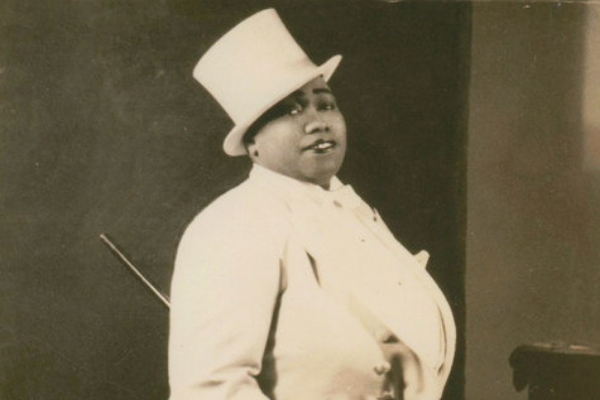
Gladys Bentley c. 1930 (Public domain)
One of the most recognizable LGBTQ+ faces of the Harlem Renaissance, blues singer Gladys Bentley was an entertainer known for her coat tail and top hat. She was an out lesbian who loved wearing men’s clothing from a young age and performed at the early lesbian bars. Sadly, later in life when the uninhibitedness of the 1920s gave way to the persecution of the 1950s, she stated her homosexuality had been “cured,” started wearing dresses, and married a man.
Countee Cullen (1903–1946)
This poet dedicated many of his poems to his male lovers and gay friends. A branch of the New York Public Library is now named for him, the first branch of the system to be named for an African-American.
Alice Dunbar Nelson (1875–1935)
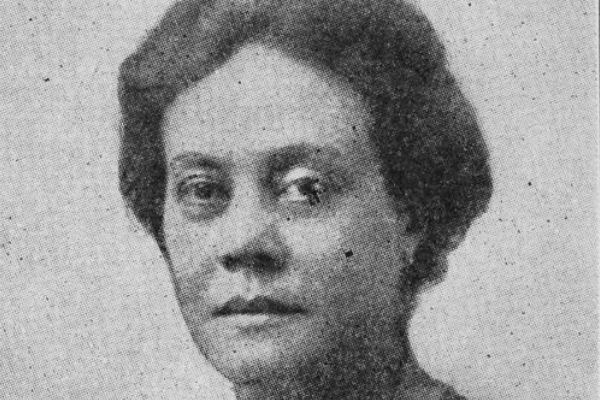
Alice Dunbar Nelson in 1923 (New York Public Library)
Poet and journalist Alice Dunbar Nelson had three marriages with men and multiple love affairs with women. She once wrote, “Love and beautiful love has been mine from many men, but the great passion of four or five transcended that of other women — and what more can any woman want?”
Alberta Hunter (1895–1984)
Blues singer Alberta Hunter was closeted all her life but was in an “on-again, off-again relationship for many years” with Lottie Tyler starting in the late 1910s.
Nella Larsen (1891–1964)
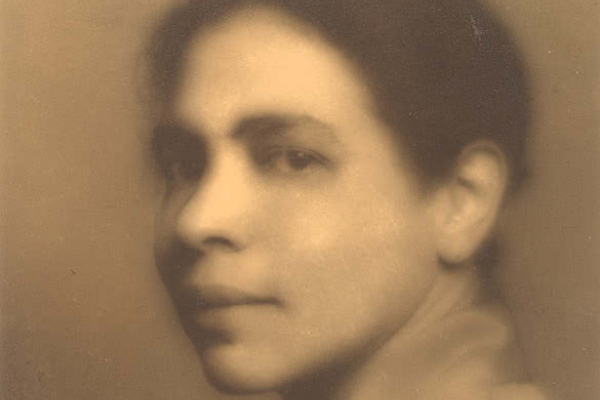
Nella Larsen in 1928 (Public domain)
Nella Larsen, a novelist who was the first Black female Guggenheim fellowship recipient, wrote Passing which was published in 1929 and was adapted into a movie in 2021. The novel exhibits “same-sex desire between the two female protagonists” the film stars out actress Tessa Thompson.
Alain Locke (1885 – 1954)
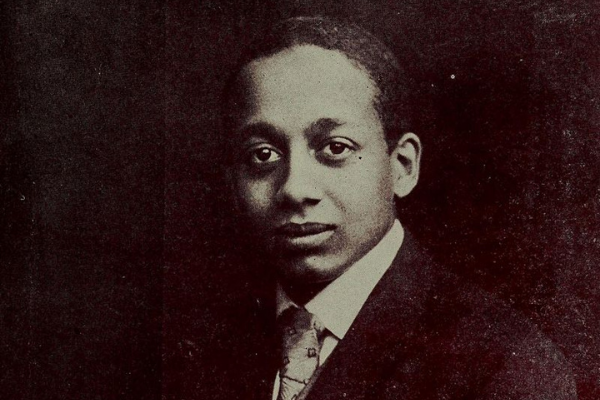
Alain Locke c. 1907 (Public domain)
Gay philosopher and writer Alain Locke is known as the “Father of the Harlem Renaissance.” He was so prominent that Dr. Martin Luther King Jr. mentioned him in a 1968 speech: “We’re going to let our children know that the only philosophers that lived were not Plato and Aristotle, but W. E. B. DuBois and Alain Locke came through the universe.”
Claude McKay (1889–1948)
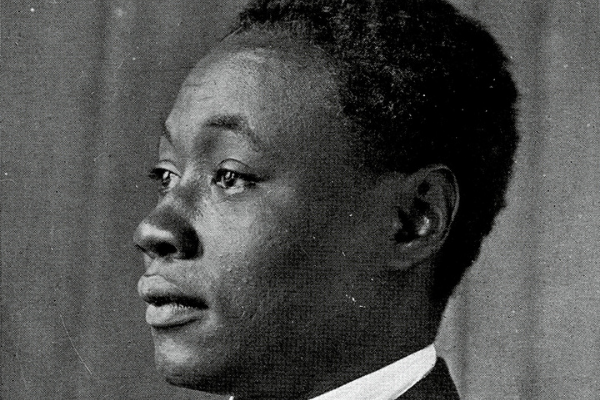
Claude McKay in 1920 (Public domain)
The Jamaican-American bisexual poet wrote about race and sexuality, though his homoerotic poetry is less remembered by history.
Richard Bruce Nugent (1906 – 1987)
Gay writer and painter Richard Bruce Nugent was one of the few of the LGBTQ+ Harlem Renaissance figures who were out about their sexual orientations. He was unapologetic in his openness about being gay and homoeroticism in his work.
Edna Thomas (1885–1974)
Edna Thomas was one of the earliest Black actors on the New York stage. Thomas married Lloyd Thomas around 1915 but their married may have been one of convenience. He slept with other women and maybe other men. In 1930, Edna met British socialite and photographer Olivia Wyndham and after six months, Wyndham moved in with the Thomases. Edna and Olivia lived as a couple “while Lloyd was essentially a roommate who had other lovers,” according to the NYC LGBT Historic Sites Project.
Ethel Waters (1896–1977)
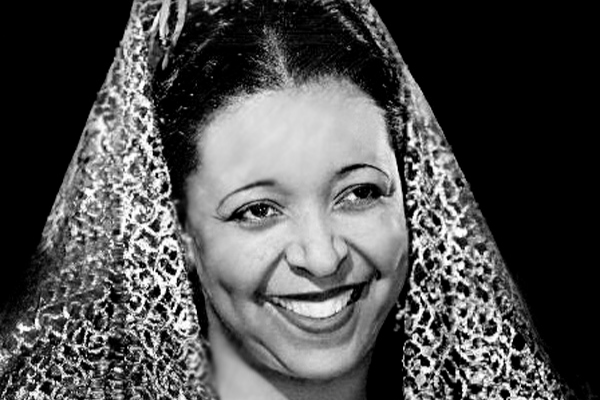
Ethel Waters in 1943 (Public domain)
Singer and actress Ethel Waters was the second Black person to be nominated for an Academy Award. She lived with her girlfriend, dancer Ethel Williams, in the early 1920s.


